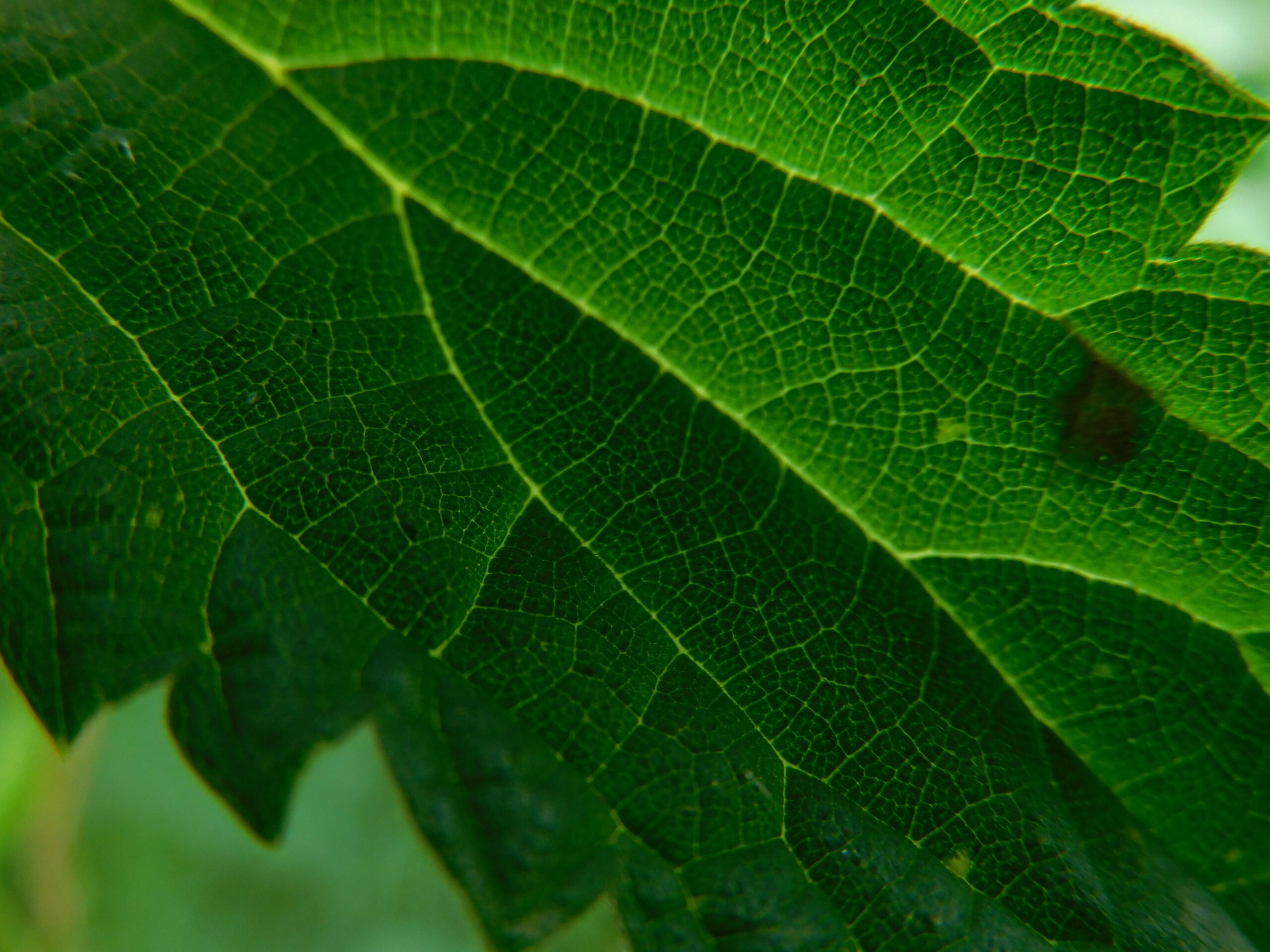Health Benefits of Nettles
What are the health benefits of nettles?
Nettles, also known as stinging nettles, are a plant that has been used for centuries in traditional medicine for their potential health benefits. Some of the reported health benefits of nettles include:
- Nutrient-Rich: Nettles are a good source of vitamin A, vitamin C, and vitamin K, as well as several minerals such as calcium, iron, and magnesium. They also contain a variety of beneficial plant compounds, including flavonoids and carotenoids.
- Anti-inflammatory Properties: Nettles have been used traditionally to reduce inflammation in the body. Some studies suggest that compounds found in nettles may help to reduce inflammation, which could be beneficial for conditions like arthritis.
- Allergy Relief: Nettles are often used as a natural remedy for hay fever and other allergies. Some research suggests that nettles may help to reduce symptoms like sneezing, itching, and congestion, although more studies are needed to confirm these effects.
- Blood Sugar Control: Some animal studies suggest that nettles may help to lower blood sugar levels, which could be beneficial for people with diabetes. However, more research is needed to understand how nettles may affect blood sugar in humans.
- Urinary Health: Nettles have been used traditionally to support urinary health and may have diuretic properties, which could help to increase urine flow and reduce symptoms of conditions like urinary tract infections (UTIs).
- Skin Health: Nettles are sometimes used topically to treat skin conditions like eczema, acne, and insect bites. Some studies suggest that applying nettles to the skin may help to reduce inflammation and improve symptoms of these conditions.
- Digestive Health: Nettles are sometimes used to support digestive health and may help to reduce symptoms of conditions like irritable bowel syndrome (IBS). Some studies suggest that nettles may have a protective effect on the digestive tract.
It’s important to note that while nettles have been used for their potential health benefits for many years, more research is needed to fully understand how they may affect health and to determine their safety and effectiveness. If you’re considering using nettles for medicinal purposes, it’s best to consult with a healthcare provider first, especially if you have any underlying health conditions or are taking medications.
What are the health risks of nettles?
Nettles, while generally considered safe for most people when consumed in moderate amounts, can cause side effects and may not be suitable for everyone. Some potential health risks of nettles include:
- Skin Irritation: Nettles are covered in tiny hairs that can cause skin irritation, itching, and a stinging sensation when touched. It’s important to handle nettles with care and wear gloves when harvesting or preparing them.
- Allergic Reactions: Some people may be allergic to nettles and may experience symptoms such as rash, hives, swelling, or difficulty breathing after coming into contact with them. If you have a known allergy to plants in the Urticaceae family, such as nettles, it’s best to avoid them.
- Interactions with Medications: Nettles may interact with certain medications, including blood thinners, diuretics, and diabetes medications. If you’re taking any medications, it’s important to consult with your healthcare provider before using nettles medicinally.
- Pregnancy and Breastfeeding: There is limited research on the safety of nettles during pregnancy and breastfeeding. While nettles are often used as a food and tonic during pregnancy, it’s best to consult with a healthcare provider before using them medicinally.
- Digestive Issues: In some people, consuming large amounts of nettles may cause digestive upset, including stomach pain, diarrhea, or constipation.
- Kidney Health: Nettles are sometimes used as a diuretic, which means they can increase urine production. While this can be beneficial for some people, it may not be suitable for individuals with kidney problems or certain other health conditions.
- Blood Pressure: Nettles may lower blood pressure, so people taking blood pressure-lowering medications should use caution and monitor their blood pressure closely if using nettles medicinally.
As with any herbal remedy, it’s important to use nettles cautiously and under the guidance of a healthcare provider, especially if you have any underlying health conditions or are taking medications.




